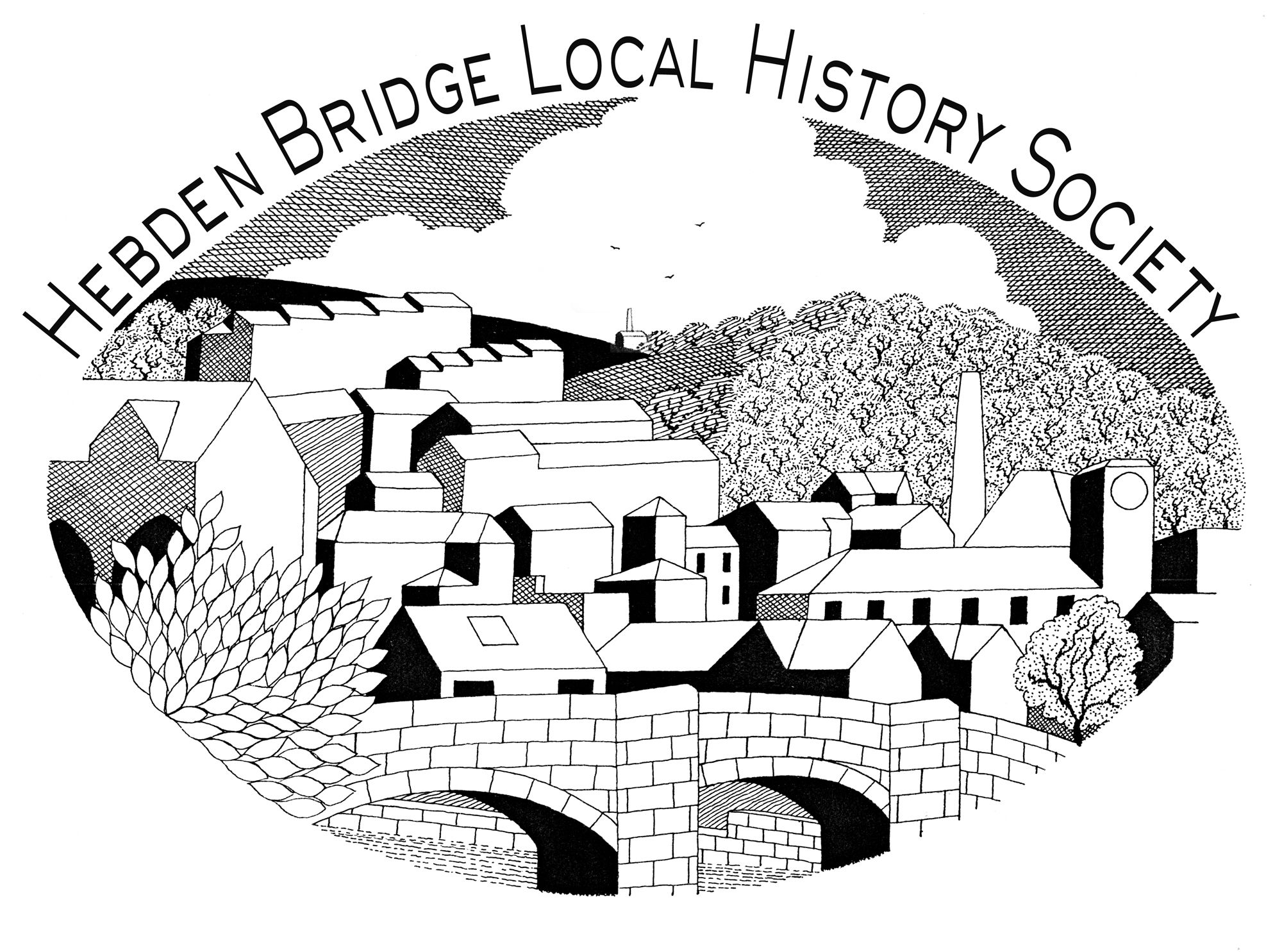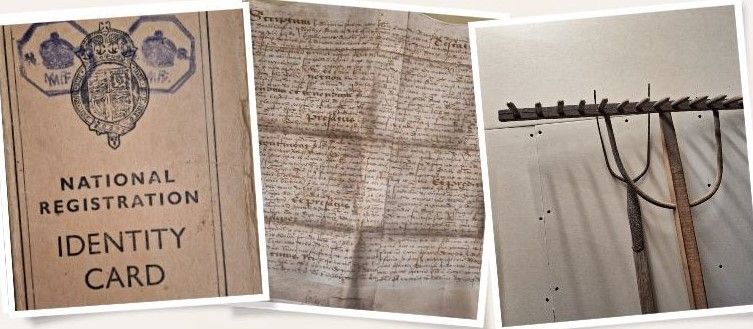Up on the hillside steeply rising from Hebden Bridge is Birchcliffe Chapel, housing the remarkable archive of books, papers, deeds and documents cared for by Hebden Bridge Local History Society. Anne Mealia is an assistant archivist and very familiar with the extent of the treasures to be found there. As someone who makes her living as a genealogist and whose researches into Todmorden families have fed into historical walks and talks about the area, she is also well placed to know how essential it is to preserve such records.
The oldest record, a deed written in Latin on vellum, dates from the 16th century, and probably matches what most people think an archive might contain. But it is important to remember that an archive is a living organism, and that collecting from this century too is essential if people in the future are to get a glimpse of how life was lived.
The archive collects and holds documents relating to the Calder Valley mainly from Todmorden to Sowerby Bridge, and the holdings include deeds, diaries, maps and even artifacts such as old farming tools and samples of lichen. There is also a library of books by local authors famous and obscure, including some rare survivals. To get a vivid sense of how people entertained themselves over the years, you could consult the many programmes and flyers relating to entertainment. These are still being collected, to keep adding to the mosaic that makes up the cultural life of this part of the valley.
Clubs, societies, pressure groups and chapels have always been part of that environment. The battle to save Hardcastle Crags from flooding was a key event in the last century, and the archive holds many documents from the organised struggle, including parliamentary bills, posters, petitions and minute books. These would provide real riches for someone to investigate. So would the large collection of items relating to industry. The archive from manufacturers Redman Brothers of Foster Mill includes illustrated catalogues, sample books, billheads and plans, which give a real insight into how this local business operated.
Maps and plans record how the valley developed with turnpikes, canals and railways opening up the valley. And it’s easy to lose an hour or two scanning one of the large scale OS maps held by the Society. The audio-visual collection includes oral histories and examples of dialect and films such as a trip down the Leeds Liverpool canal.
The archive is open to visitors on Wednesdays and Thursdays between 2 pm and 5 pm. On Thursdays you can also get help with family history research. Booking through the website is essential. The website also lets you access the catalogue, which can be searched in various ways to find the items that might interest you. Maybe a visit to the archive will lead to a new talk or a future publication.


